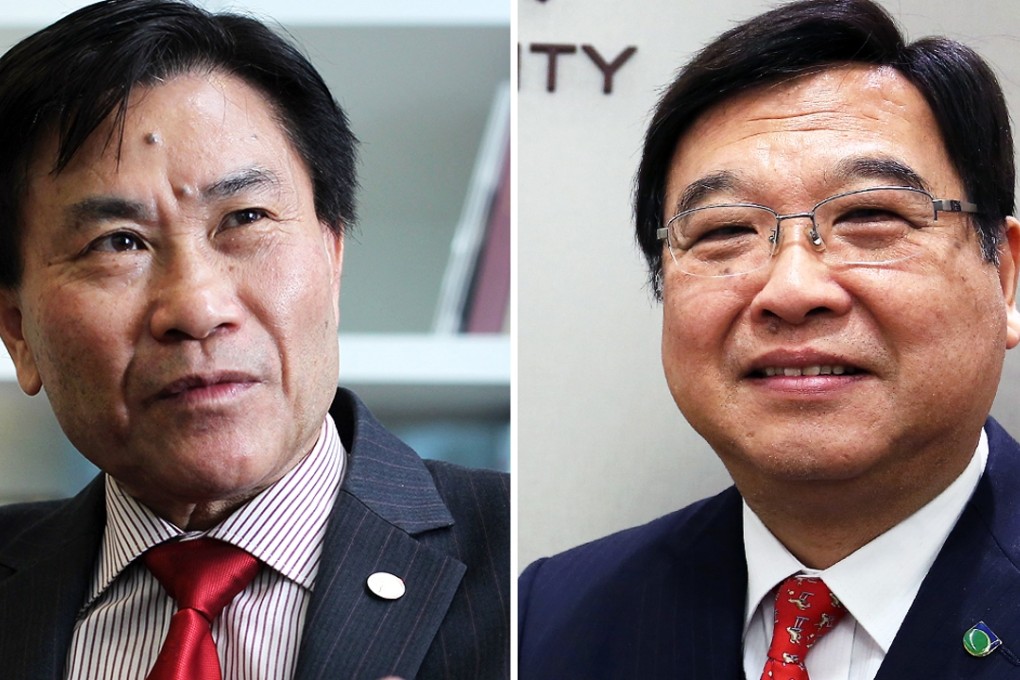Social problems at root of Mong Kok riot but violence is not the answer, say Hong Kong university presidents
Academics acknowledge mutual distrust in city but urge people to respect rule of law

Two university presidents acknowledged on Thursday that social problems and mutual distrust between Hongkongers and the government were behind the Mong Kok riot last week but said violence would not solve problems.
Speaking at separate events, Professor Leonard Cheng Kwok-hon of Lingnan University and Open University’s Professor Wong Yuk-shan both said the riot – in which about 130 people were injured, including 90 police officers, and 69 arrested – showed there were social problems that needed to be addressed.
Cheng said he hoped the government could listen to people’s opinions more and introduce policies that were widely supported.

“Distrust is indeed a big problem. In fact, both [the government and the people] distrust each other.”
But Cheng said nothing could justify the violence.
“You can’t use violence to solve problems. We should return to reason and respect the rule of law.”